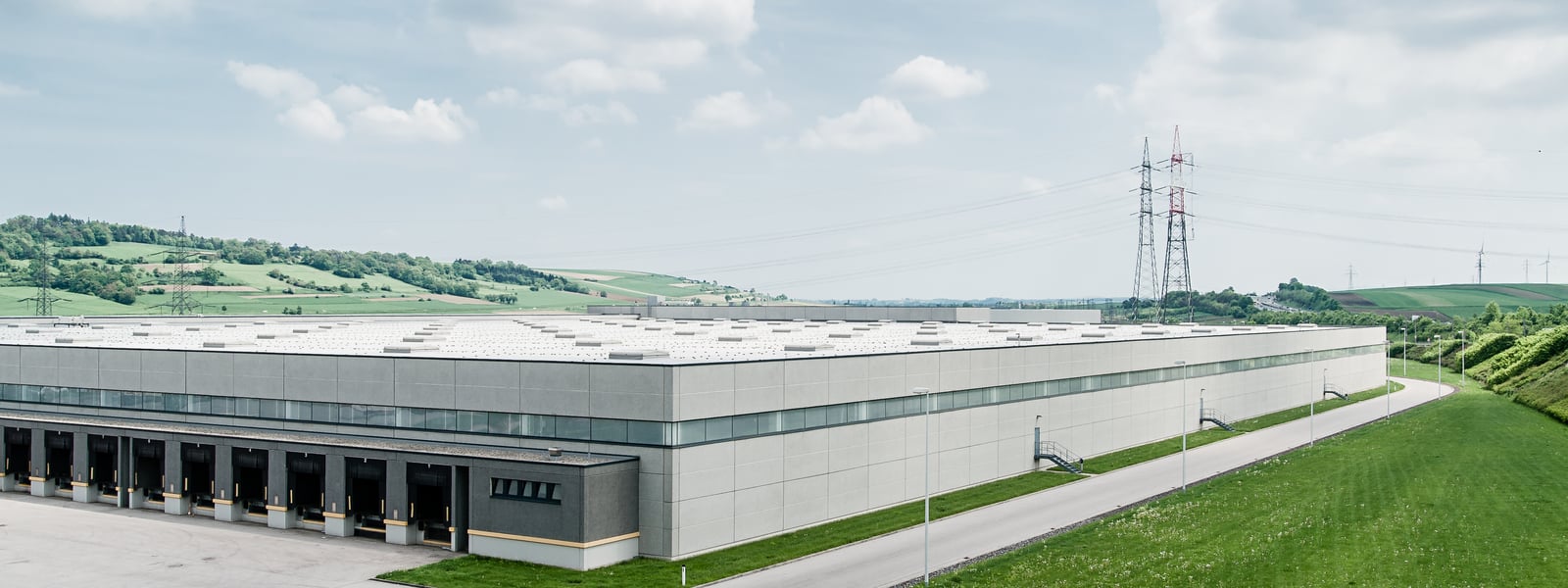Industrial market update Q3 2022

Rents and capital values surged this year in response to high levels of demand for occupiers and investors alike.
High occupier demand is spilling over from the South East evidenced with low vacancy rates and often intense competition for space (with numerous bids on the day space is released to the market). This has resulted in particularly high rental growth in some of these locations – Milton Keynes, Tees Valley & Durham and Liverpool all seeing 14% or stronger rental growth over the last year. Despite this, when compared to London – where average rents have reached high teens (and significantly higher at £30 psf plus in Park Royal) – these locations remain well-priced at £10 psf and below.
With this cost differential, occupiers will continue to rethink their space strategy and favour less expensive markets where possible. But even for higher London rents, demand remains strong given the relative cost saving versus office costs and the need for space close to urban end-user demand. Occupiers are seeing other costs rise significantly though, and where rents are expensive, there might be more limited rental growth from here.
The strongest rental growth is now largely outside the South East
| Average of Market Rent/SF | Average of Market Rent Growth 12 Mo | ||
|---|---|---|---|
| 1 | Milton Keynes | £10.43 | 17.1% |
| 2 | Tees Valley & Durham | £5.97 | 15.3% |
| 3 | Liverpool | £6.52 | 14.8% |
| 4 | Swansea | £5.41 | 12.9% |
| 5 | Sheffield | £6.56 | 11.6% |
London rental growth has already dipped slightly. Light industrial rental growth has slowed more, with two consecutive quarters slower in a row (Q1 2022: 7.8%, Q2: 6.4% Q3 5.6%) while the logistics downturn is more marginal and more recent (slowing only from 11.6% in Q2 to a current 11.3% in Q3) but this may well mark the start of a new downward trajectory in growth. Demand from retailers has cooled somewhat, with larger deals somewhat scarce and relatively few above 50,000 sq ft.
Overall take-up slides. Increasing cost pressures might be part of the reason why overall UK take-up has fallen, with 16m sq ft in Q3 2022 compared with 30m sq ft in the same quarter last year. Q3 2022 was certainly the lowest take-up in the last ten years. The other part of this story continues to be with such limited availability there is limited space for companies to grow into or secure space.
Investment yields have reversed already with more to come. Yields for UK industrial show an upward spike in September, with the South East showing an upward drift before that. The strong run for industrial yield compression was reaching the end of its course before September, then given the shifts in bond yields further upward pressure on yields is no surprise. There will be further market re-pricing to come over the next few months. London industrial yields have already seen a material softening. According to MSCI’s IPD UK Monthly Property Index, UK industrial values fell by 8.1% in the three months to the end of September, a far steeper decline than other sectors have experienced.
Last-mile continues growth. The last-mile logistics market continues to see expansion into urban locations as a high priority. This partly reflects the need to be centrally based to fulfil rising customer expectations on delivery time frames which are consistently being reduced, “on demand” becoming the new normal. Sites are scarce, with investors increasingly looking to other sectors as conversion potential. Despite a wider market slowdown, there is still strong investor demand for well-located industrial assets across the UK, with several of these having changed hands in recent months.



| Industrial Q3 2022 | UK | London & South East |
|---|---|---|
Distribution, multi-let estates and specialised industrial | Current quarter (last quarter / 5yr ave) | Current quarter (last quarter / 5yr ave) |
| Occupier | ||
| Availability rate (%) | 5.2% (5.0% / 5.6%) | 6.3% (5.5%/5.5%) |
| Vacancy rate % | 3.5% (3.3% / 3.2%) | 3.9% (3.7%/3.1%) |
| Rental growth (12-month growth rate) | 8.9% (8.8% / 6.3%) | 9.5% (9.4% / 6.6%) |
| Quarterly take up (sqft) | 16.1m sqft (19.8 / 24.6m) | 3.3m sqft (3.6m / 5.7m) |
| Supply | ||
| Completions (net delivered sqft) | 13.8m sqft (11.4m / 8.8m) | 1.5m sqft (1.6m /2.2m) |
| Total under construction (sqft) | 67.1m sqft (71.3m / 51.1m) | 13.3m sqft (11.5m /9.7m) |
| Investment | ||
| Quarterly sales volume £m | £1,891m (£3,819m / £2,846m) | £985m (£1,301m / £1,050m) |
| Average yield | 3.7% (3.3% / 4.3%) | 3.3% (2.9% / 3.9%) * |
| Prime yield (rack rented) | 4.0% Prime regional (Last qtr 3.5%) | 3.25%-3.5% Within M25 (Last qtr 2.75%) |
Industrial: Key investment transaction
| Property Address | Town /City | Building size (sqft) | Sale Price (£m) | Net Initial Yield | Buyer |
|---|---|---|---|---|---|
| Cosford Lane | Rugby | 334,000sqft | £46.7m | 3.8% | Copley Point Capital |
| Gateway 14 | Stowmarket | 1,200,000sqft | £200m | – | The Range |
| Skyline Drive | Warrington | 505,000 sqft | £90m | – | Aviva Investors |
| A420 | Swindon | 211,173 sqft | £31.2m | 4.7% | CBRE Global Investors |

